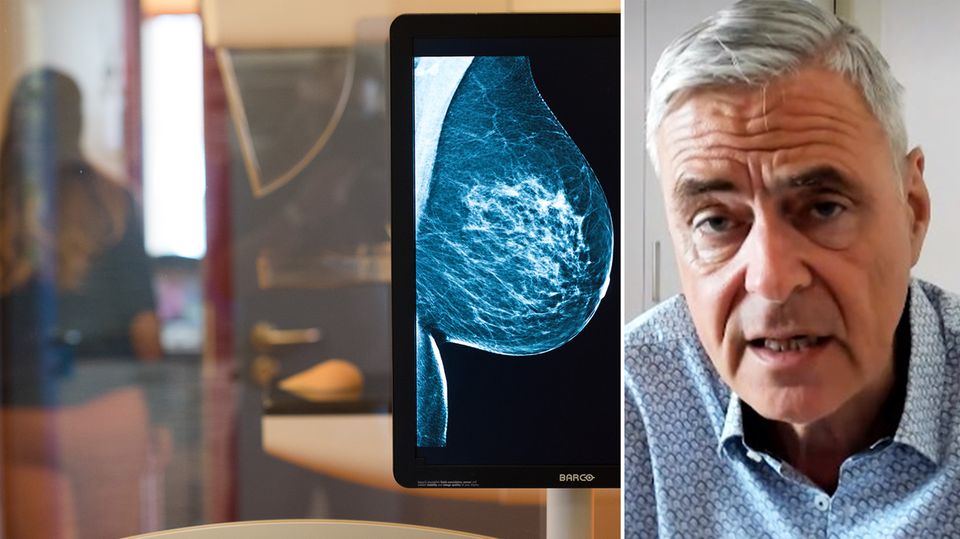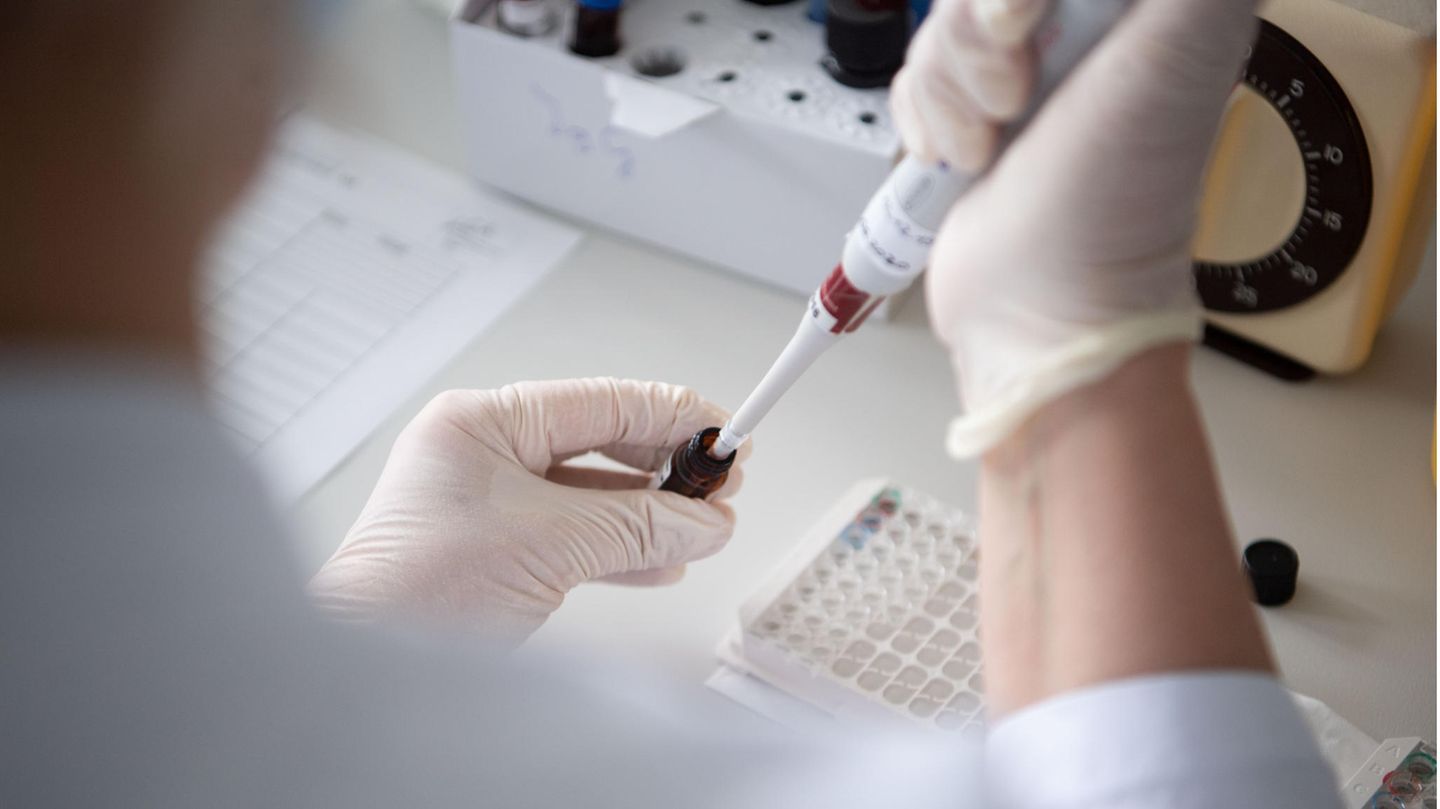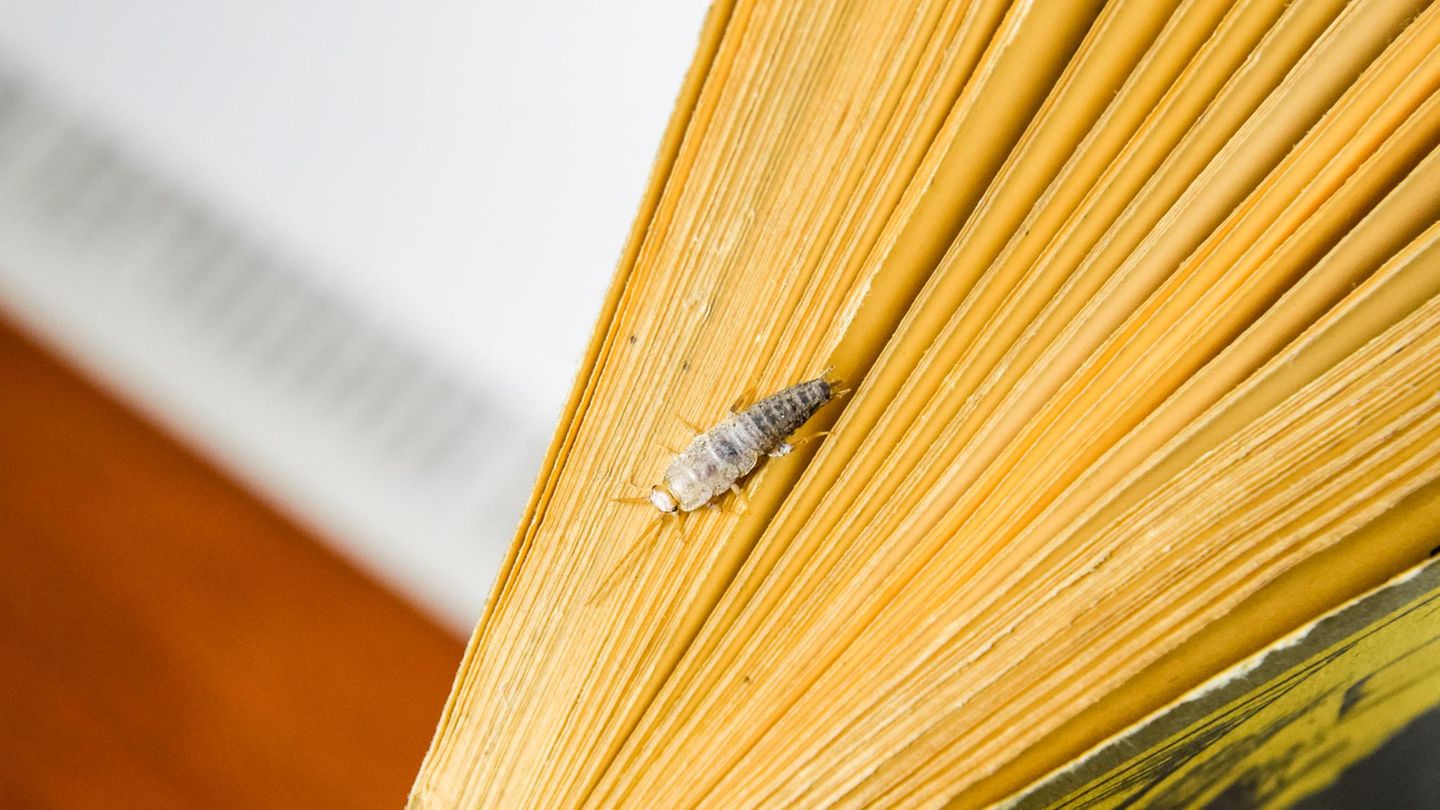Anyone who has survived Covid 19 disease or is fully vaccinated is initially considered immune. However, it is unclear how strong the immune protection is in individual cases and how long it lasts. Could antibody tests bring clarity?
In the fight against the coronavirus, neutralizing antibodies are one of the most important helpers. Because they are able to recognize the virus and prevent it from entering the cells and multiplying there. So they work like the body’s own bouncer. The body produces such antibodies when it comes into contact with the virus, i.e. after an infection, but also after a vaccination. The more antibodies are developed, the stronger the resistance against the virus. But the immune defense works differently in every person, which has an impact on immunity. Could antibody tests clarify whether there is adequate protection?
It would be that easy. Draw blood, check the amount of antibodies and be sure that the body is properly armed. This is possible with the tetanus vaccination, for example. Based on the number of antibodies in the blood and defined limit values, it can be said very precisely whether the protection is still sufficient or whether a booster vaccination is necessary.
In the fight against the corona virus, such booster vaccinations for risk groups are already being discussed in Germany for the autumn. The trigger for this are on the one hand studies that came to the conclusion that the protective effect of the mRNA vaccine from Biontech / Pfizer declined six months after the second vaccination and that, according to the manufacturer, “a third dose would therefore be necessary within six to twelve months after the complete vaccination ” become. On the other hand, the delta variant of the virus is worrying.
Can the immune protection be measured?
Insecurity among those who have recovered and those who have been vaccinated is growing. But how good and how lasting the immune protection of the individual is is not so easy to measure. “We do not yet know exactly what we have to measure so that we can really determine whether someone is immune or not,” said immunologist Carsten Watzl to the “Deutsche Welle” (DW). It is likely that the neutralizing antibodies play a decisive role, “but how high the number of these antibodies must be is still unclear”.
Clear limit values for antibodies against Sars-CoV-2 have not yet been defined. This means that an antibody test can be carried out, but the result does not help, as there are no clear guidelines that can be used as a guide. “A lot helps a lot – I would underline that. It is currently not yet certain where the limit value is and from what value you are really protected. But we will get there,” said the immunologist.
“Antibodies do not provide a clear statement”
Georg Behrens, specialist in internal medicine and immunology at the Hannover Medical School, advises against such measurements. “Antibodies are important, but do not provide any clear information,” he told the “Hannoversche Allgemeine Zeitung”. The values are difficult to interpret. An antibody level that sufficiently protects one person is insufficient for another. In addition, the immune responses were very different, and some developed very few antibodies anyway. Various factors are involved, such as age or an immune system that is suppressed by drugs.
In addition, the antibody level drops over time. With some faster, with others slower – a lot is not yet known here either. And even people with high levels of antibodies are not one hundred percent immune to infection. Therefore, such a test could detect a response in the body to a vaccination in people who have not yet been infected with the virus. “However, such tests are not suitable for demonstrating the strength or duration of vaccination protection,” said Behrens. He advocates an individual classification of values.

Complex defense system
The number of antibodies is not the only indicator that can provide information about the presence of immune protection. The neutralizing antibodies are only part of the immune response. The T cells also work against the virus. They start when the virus has already entered the cells. These so-called memory cells can also recognize the virus. “They are able to kill such virus-infected cells,” Watzl told DW. The affected cells are killed, including the virus, and the virus itself can then no longer multiply.
“It may well be that I hardly have any antibodies, in other words: I could still be infected with the virus. But the response from my T cells is so strong that I do not become seriously ill,” said Watzl. This puts the importance of antibodies into perspective and shows that immune protection depends on many influencing factors. Although Watzl assumes that a high concentration of antibodies also speaks for good protection against Sars-CoV-2, this does not necessarily mean that a low antibody level is associated with low immune protection.
Those: , ,




